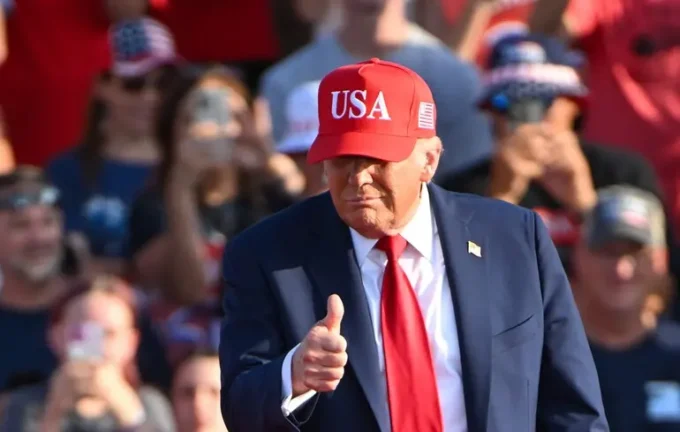Strategic Impunity: Why Current US Policies Send a ‘Green Light’ to Vladimir Putin in the Ukraine War

In recent months, the international community has closely watched the developments of the Russian-Ukraine conflict, which has become one of the bloodiest in modern history. At the same time, the policies of the United States regarding this conflict are raising growing concerns and questions. Central to this debate is Washington’s lack of decisive and consistent action, which might indicate a diminished willingness to engage directly in hostilities or even create conditions for escalation. Recent decisions by the Trump administration, such as halting the supply of critical weapons like PAC-3 missiles for Patriot air defense systems, have left Ukrainian forces without vital protective tools. This can give Russia and Vladimir Putin the impression of impunity, especially given the relatively restrained Western response. Despite numerous diplomatic statements and gestures, security tensions in Ukraine remain high. The phone conversations between Trump and Putin reveal that Russia’s leader is attempting to leverage the situation to strengthen his position. Reports of large-scale aerial attacks on Kyiv utilizing hundreds of drones and missiles, triggered by discussions with the U.S. president, demonstrate Russia’s attempt to project power. Critics argue that Western and American restrictions on weapon supplies and the reluctance to impose additional sanctions create favorable conditions for Putin to continue the war. This signals to Moscow that the global community is not prepared to implement the harshest measures, encouraging Putin to act without fear of consequences. Furthermore, amid the absence of new sanctions, European countries and the UK actively update and tighten their sanctions regimes, closing loopholes for Russia, while the U.S. hesitates. This situation fuels speculations about the actual goals of U.S. policy and its effectiveness against Kremlin aggression. Congress is already considering a bipartisan bill proposing a 500% tariff on Russian energy exports to any importing country that supports the war effort. However, unlike these legislative initiatives, the limited supply of weapons and the U.S. government’s reluctance to impose broad sanctions cast doubt on America’s true commitment in this conflict. Questions abound: Are the U.S. or are they deliberately weakening their stance, giving Russia a chance to buy time and lower its risks? Or is this strategy aimed at achieving a peace agreement on Russia’s advantageous terms? Ukrainian diplomat Oleg Shamshur believes that current U.S. policies, including their compromises and the lack of robust sanctions, risk emboldening Putin to interpret the situation as a sign of disrespect, potentially leading to further escalation that could cost Ukraine and regional security dearly.

